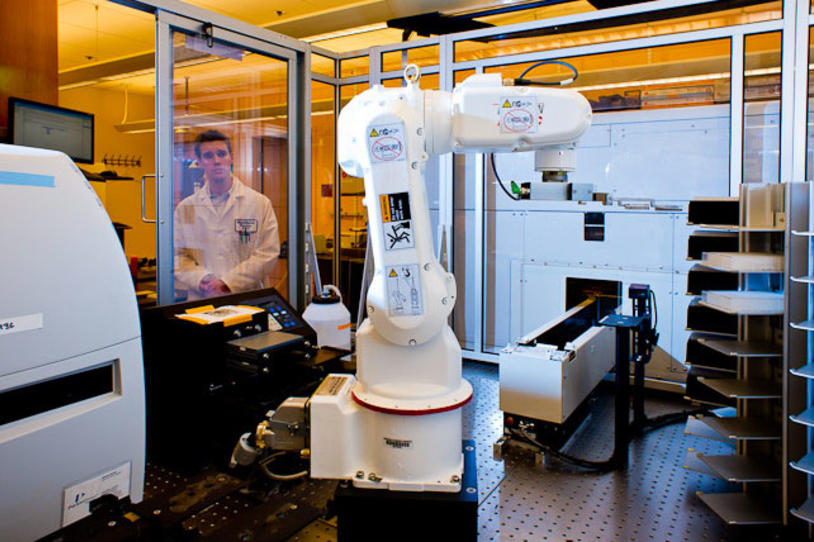
In April, we reported on clinical trial results of Ceregene’s trophic factor therapy CERE-120. Unfortunately, CERE-120 did not meet its primary endpoint in the study, making the future of the drug’s development for Parkinson’s disease (PD) unclear.
Today, Ceregene followed up with a press release highlighting some of the additional data from the study, including a statistically significant decrease in “off” times as self-reported in patient diaries. They also found “similar improvement for the same patients in other important Parkinson’s disease measurements, including the PDQ-39 (a measure of quality of life) and patient’s daily diaries computing hours ‘on without troubling dyskinesias.’”
“There is a lot to be learned from this new data moving forward," explains Jamie Eberling, PhD, senior associate director of research programs at MJFF. "Including how to design other trophic factor trials, as well as how we think about which patients should be involved in these trials.”
For this reason, MJFF is collaborating with Ceregene to study those patients who were engaged in the recent trial, to learn more about what might take place over the long term (the trophic factor itself will always exist in the brains of patients that received the treatment). This could help scientists to learn more about the trophic factor itself (neurturin in this case), and its staying power in the brain. In addition, the patients will be monitored for the long term safety of gene therapy.
Some scientists believe that successful trophic factor therapy would require patients to be treated earlier in the disease, when there are likely more neurons remaining in the brain that could respond to the treatment. In the later stages of the disease, some scientists have hypothesized, there may not be enough healthy neurons left in the brain for the trophic factor to take effect. To date, trophic factor clinical studies (including this one from Ceregene) have only investigated people at the later stages of Parkinson's. It remains to be seen if trials in early stage patients will happen.
Stay tuned to this space for further updates into trophic factor treatments for PD.